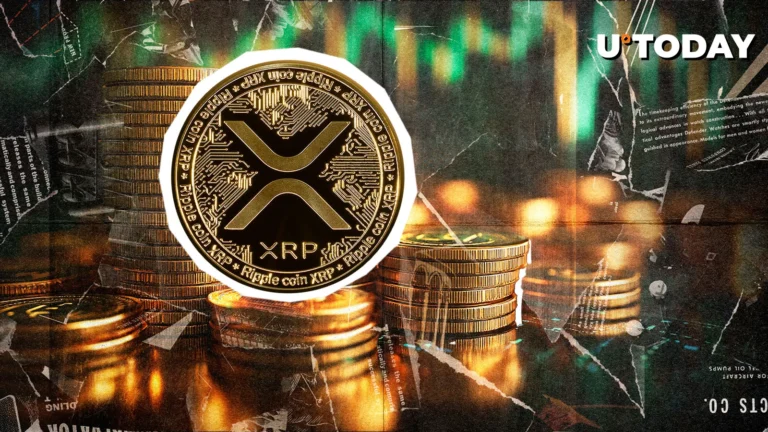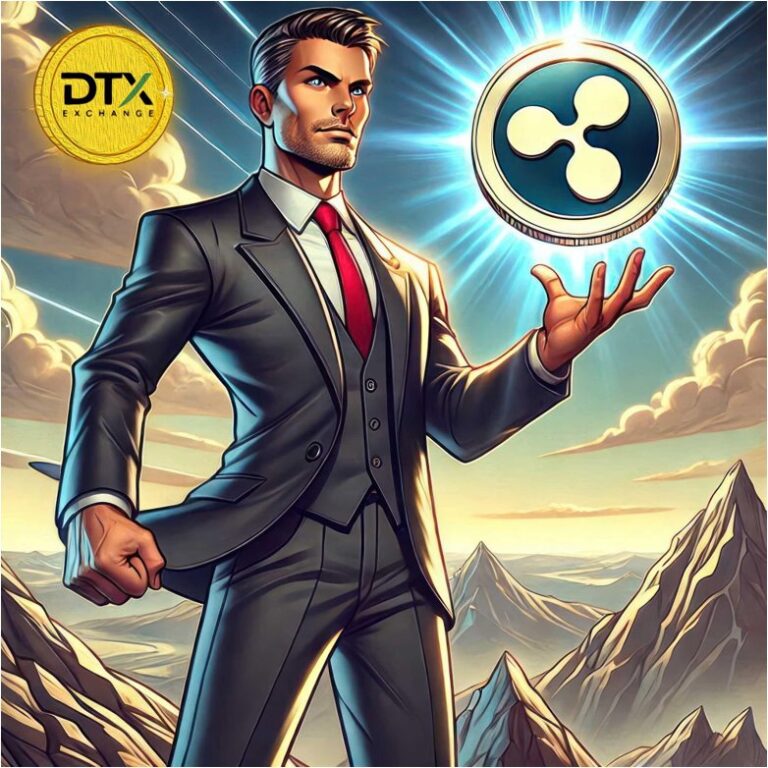Unveiling the Truth Behind the Tojikwatako Movement: How Haji Faruk Kirunda’s Agitators Missed the Mark on Museveni
Description:
As we continue celebrating the 80th birthday of His Excellency the President, I wish to thank all those that joined the “birthday boy” in Semuto, Nakaseke, for the celebrations on Sunday, September 15. I also appreciate all those that held smaller celebrations in other places I cannot name individually, and those who used social media […] The post HAJI FARUK KIRUNDA: How “tojikwatako” agitators misfired on Museveni appeared first on Watchdog Uganda.
The Tojikwatako Movement
The Tojikwatako Movement, which translates to “Do not touch it” in the local Ugandan language, was a protest movement that emerged in response to proposed changes to the country’s constitution that would allow President Museveni to extend his rule. The movement aimed to preserve the two-term limit on the presidency and the age limit for presidential candidates.
Haji Faruk Kirunda, a prominent figure in Ugandan politics, became a key agitator in the Tojikwatako Movement. Kirunda used his influence to mobilize support for the cause and organize demonstrations against the proposed constitutional amendments.
Misfire on Museveni
Despite the efforts of Kirunda and other Tojikwatako agitators, President Museveni was able to push through the constitutional changes. The amendments were passed, allowing Museveni to run for office again and potentially extend his rule indefinitely.
Many analysts believe that the Tojikwatako Movement failed to achieve its objectives because it underestimated Museveni’s grip on power and overestimated the level of popular support for the cause. The movement’s tactics, while passionate and well-intentioned, ultimately missed the mark in terms of effecting real change in Ugandan politics.
How This Will Affect Me:
As a citizen of Uganda, the failure of the Tojikwatako Movement to prevent the constitutional changes may have a direct impact on my future political rights and freedoms. The extended rule of President Museveni could mean further restrictions on democratic processes and the consolidation of power in the hands of a single leader.
How This Will Affect the World:
The failure of the Tojikwatako Movement to curtail President Museveni’s rule has broader implications for democracy and governance in the region. It serves as a cautionary tale about the challenges of promoting political change in autocratic regimes and the importance of strategic planning and organizing in grassroots movements.
Conclusion:
In conclusion, the Tojikwatako Movement, led by Haji Faruk Kirunda, highlighted the complexities and obstacles inherent in challenging entrenched political power. While the movement’s passion and energy are commendable, its failure to achieve its objectives serves as a reminder of the need for careful planning, broad-based support, and strategic foresight in political activism.




